Eurozone PMI services was finalized at 54.4 in August, unrevised, up from July’s 54.2. PMI composite was revised up to 54.5, up from July’s 54.3. Among the countries, Ireland PMI composite hit 7-month high of 58.4. German PMI composite hit 6-month high at 55.6. However, Italy PMI composite hit 22-month low at 51.7.
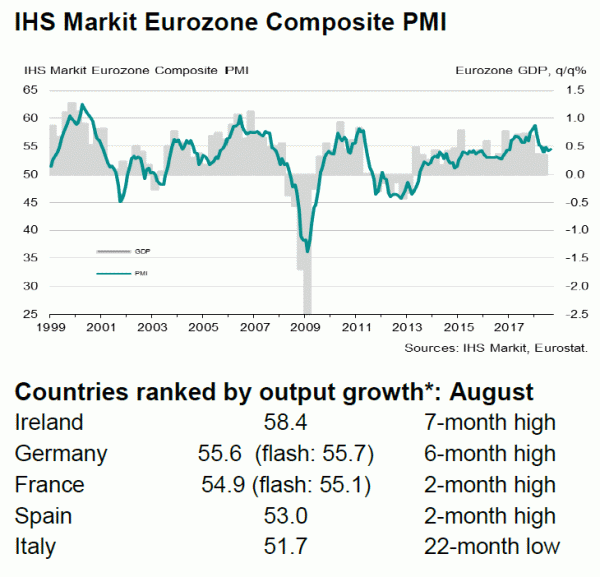
Chris Williamson, Chief Business Economist at IHS Markit said:
“The Eurozone PMI shows the recent run of robust growth of business activity, new orders and employment extending into August. However, the expansion is looking increasingly uneven and the business mood has become more unsettled during the summer.
“The survey data for the third quarter so far suggest the single currency area is on course to at least match the 0.4% expansion of GDP seen in the second quarter, yet the downturn in optimism raises questions over whether this pace of growth can be sustained into the fourth quarter.
“Business expectations about activity levels in the year ahead dropped to the lowest for almost two years amid growing concerns about the impact of trade wars and heightened political uncertainty.
“Growth also looks worryingly unbalanced. Although all of the largest euro countries have seen growth moderate so far this year, solid expansion is still being signalled for Germany and, to a lesser extent, France.
“But Italy saw growth slow sharply in August to suggest the region’s third largest economy on course for its weakest expansion for nearly two years, while in Spain the third quarter could be the worst for almost five years, barring a noticeable pick of business activity during September.
“Price trends are also varied across the region, ranging from near-record inflation in Germany to falling prices in Italy, serving as a reminder that deflationary pressures, it appears, have not completely disappeared from the euro area.”
Full release here.




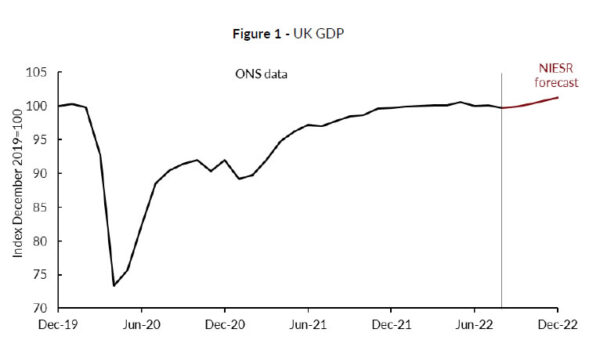
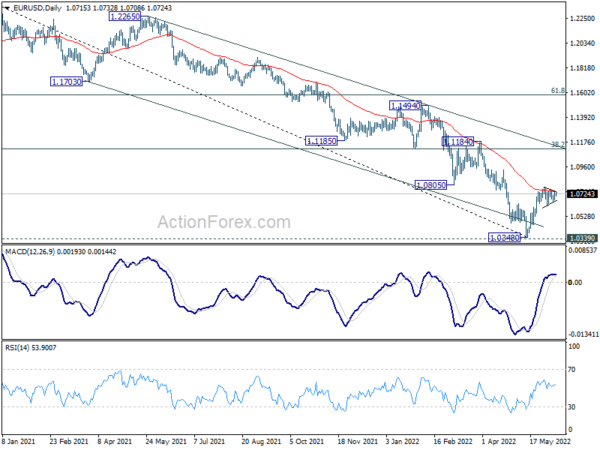
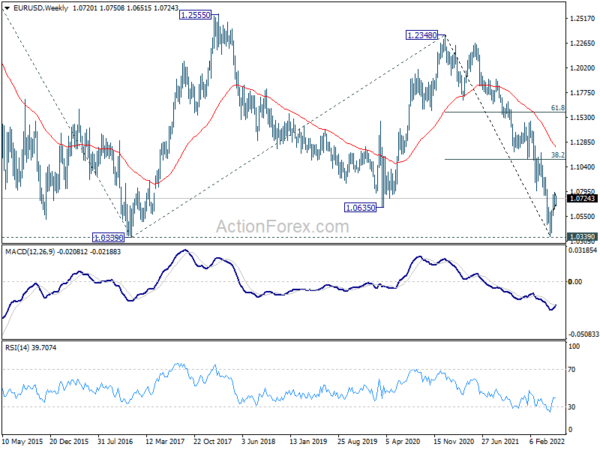
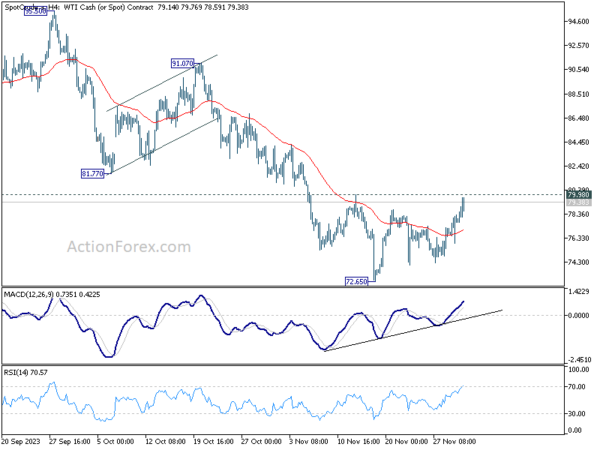
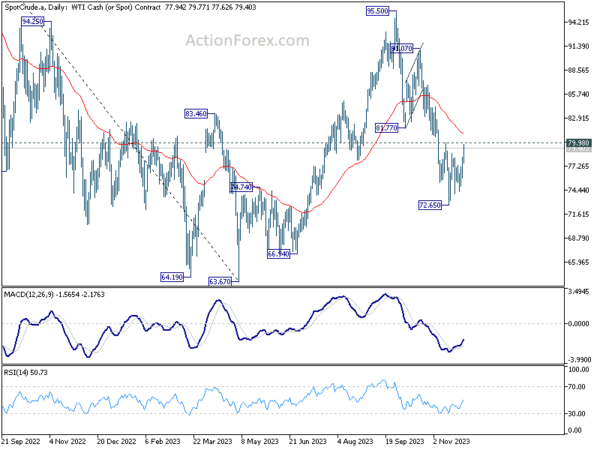
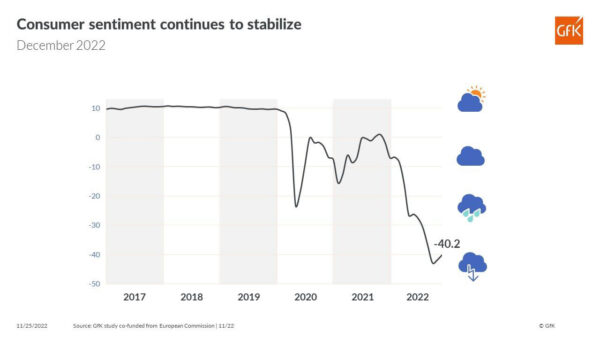
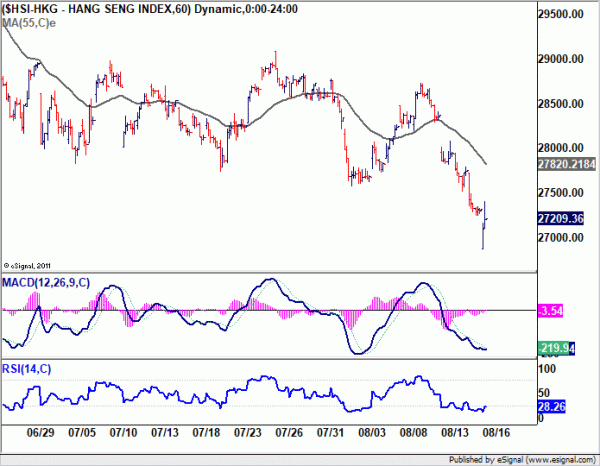
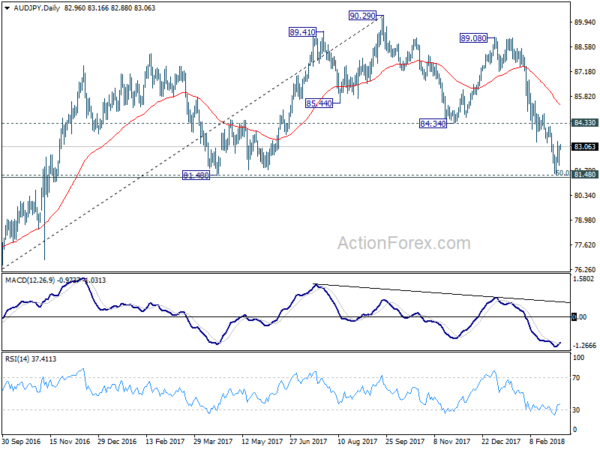
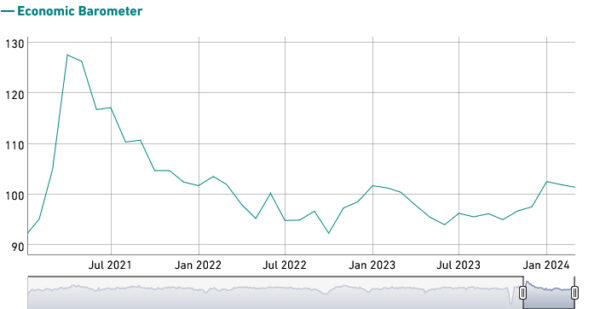

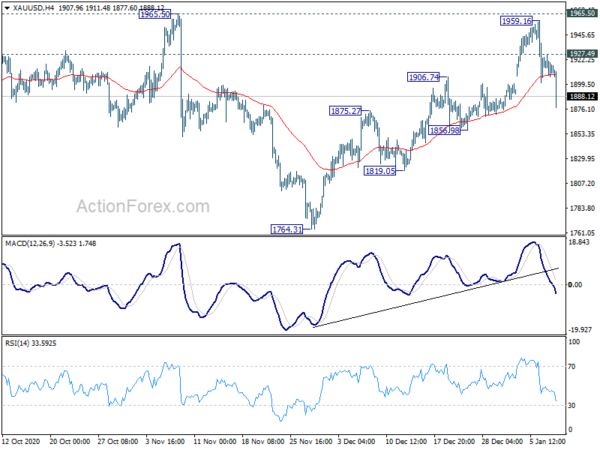
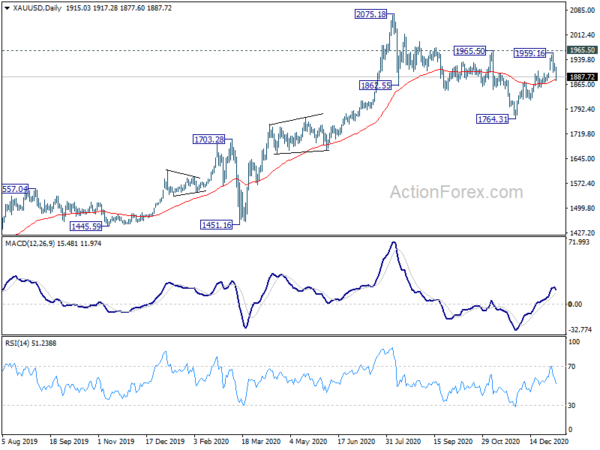

Eurozone PMI composite finalized at 54.4, expansion looking increasingly uneven
Eurozone PMI services was finalized at 54.4 in August, unrevised, up from July’s 54.2. PMI composite was revised up to 54.5, up from July’s 54.3. Among the countries, Ireland PMI composite hit 7-month high of 58.4. German PMI composite hit 6-month high at 55.6. However, Italy PMI composite hit 22-month low at 51.7.
Chris Williamson, Chief Business Economist at IHS Markit said:
“The Eurozone PMI shows the recent run of robust growth of business activity, new orders and employment extending into August. However, the expansion is looking increasingly uneven and the business mood has become more unsettled during the summer.
“The survey data for the third quarter so far suggest the single currency area is on course to at least match the 0.4% expansion of GDP seen in the second quarter, yet the downturn in optimism raises questions over whether this pace of growth can be sustained into the fourth quarter.
“Business expectations about activity levels in the year ahead dropped to the lowest for almost two years amid growing concerns about the impact of trade wars and heightened political uncertainty.
“Growth also looks worryingly unbalanced. Although all of the largest euro countries have seen growth moderate so far this year, solid expansion is still being signalled for Germany and, to a lesser extent, France.
“But Italy saw growth slow sharply in August to suggest the region’s third largest economy on course for its weakest expansion for nearly two years, while in Spain the third quarter could be the worst for almost five years, barring a noticeable pick of business activity during September.
“Price trends are also varied across the region, ranging from near-record inflation in Germany to falling prices in Italy, serving as a reminder that deflationary pressures, it appears, have not completely disappeared from the euro area.”
Full release here.